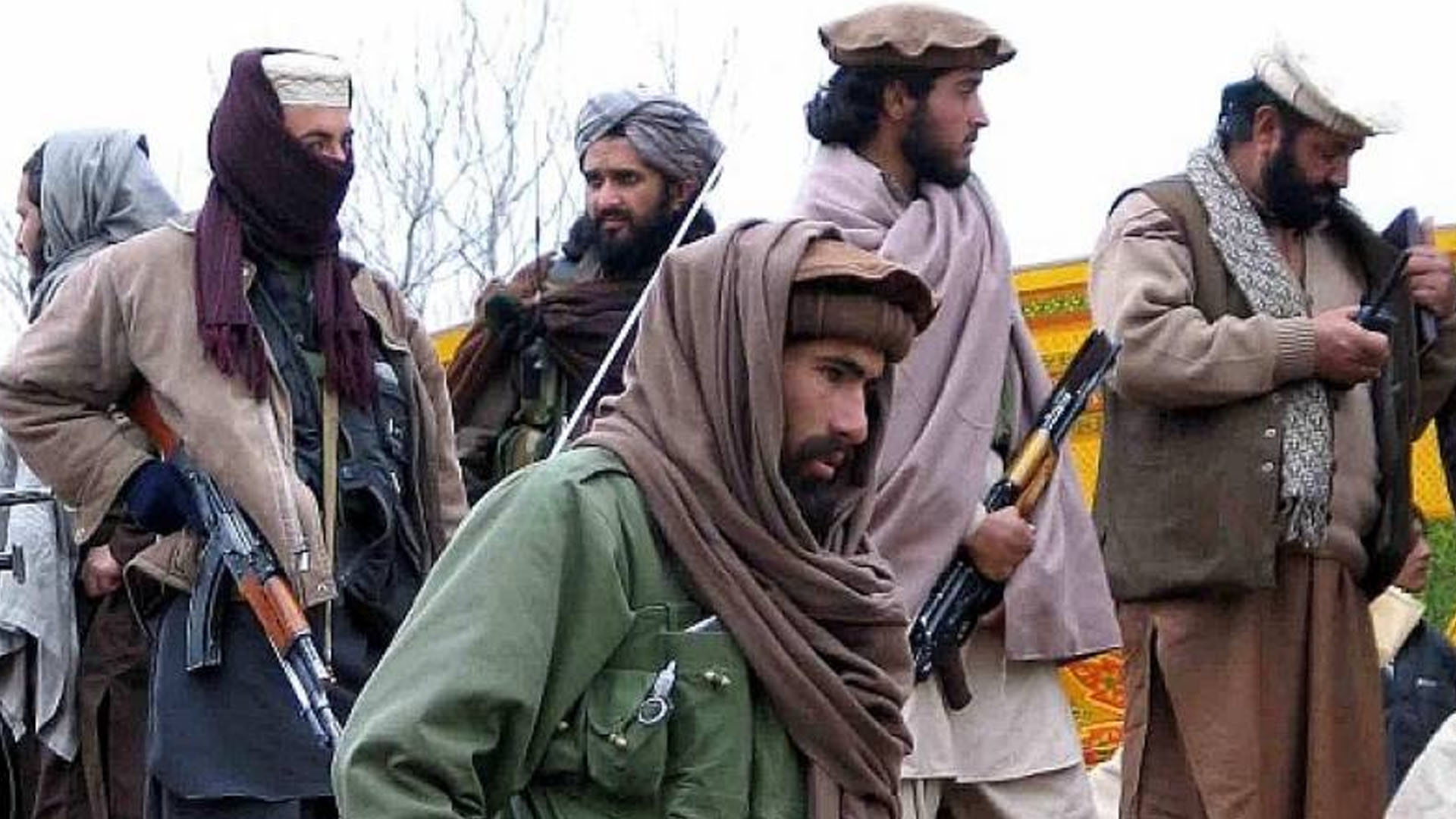Latest News
Pakistan Taliban demand prisoner release as condition for talks

The Pakistani Taliban, also known as Tehrik-i Taliban Pakistan or TTP have demanded that the government of Pakistan release a number of prisoners as a condition for talks aimed at laying the ground for full ceasefire negotiations, multiple sources in the group said, Reuters reported.
The TTP and separate from the Islamic Emirate of Afghanistan (IEA) , have had two rounds of preliminary talks, facilitated by the IEA, a commander based in the Afghan province of Kunar said.
Reuters citing sources close to the matter said Sirajuddin Haqqani, the head of the Haqqani Network and the current Afghan IEA acting interior minister, was helping the talks.
The TTP, which combines a number of jihadi and militant groups that have been fighting the government of Pakistan since 2007, is included on the U.S. State Department’s list of foreign terrorist organisations.
Last month Prime Minister Imran Khan told Turkey’s TRT television that his government was in talks with parts of the TTP as part of a “reconciliation process”.
The release of the prisoners is meant to be a confidence-building measure, three TTP commanders said, adding that the outcome of the talks was still uncertain.
“We aren’t too hopeful of the immediate results of the talks but our leaders had demanded the release of prisoners if they are sincere in meaningful negotiations,” a TTP commander told Reuters from Afghanistan’s Kunar province.
No comment was available from the Pakistani government, Reuters reported.
According to negotiators, the two sides agreed not to issue statements either supporting or opposing the peace process or against each other till the accord is signed and made public.
TTP spokesman Muhammad Khurasani said in a text message the group had “never refused meaningful talks” but that there were no developments on the ground yet.
According to Reuters, the TTP attacks have killed and wounded thousands of civilians and Pakistani service personnel over the years but the group was badly weakened by the Pakistan military’s Zarb-e-Azb operation in 2014 which drove it from its stronghold in North Waziristan.
However it has a force estimated at around 4,000-5,000 fighters, many based across the border in Afghanistan, and there has been a spate of incidents along the border since the IEA seized Kabul in August.
Under the previous Western-backed government in Kabul, both Afghanistan and Pakistan accused each other of harbouring militant groups that mounted cross-border attacks.
Another TTP commander said the leadership had consulted all factions in the movement, some of which had serious reservations about talking to the Pakistani government, but he said many ordinary fighters wanted to go home.
Latest News
Continued aid to Afghanistan vital for regional security: Kazakh president

Kazakhstan’s President Kassym-Jomart Tokayev has emphasized the continuation of humanitarian assistance to Afghanistan, stating that the ongoing provision of such aid plays an important role in ensuring regional security.
Speaking at the international conference “Peace and Trust” in Ashgabat, the capital of Turkmenistan, Tokayev described addressing complex humanitarian challenges and the reconstruction of Afghanistan as a necessity.
“To ensure regional security, we consider it essential to continue providing assistance to Afghanistan, including by strengthening international efforts to address complex humanitarian issues and the reconstruction of this country. Kazakhstan remains committed to supporting the people of Afghanistan through humanitarian aid, educational projects, trade development, and food security initiatives,” he said.
Meanwhile, experts believe that sustainable improvement of the humanitarian situation in Afghanistan requires broad cooperation from the international community and support for the country’s economic development.
“Investment can be defined as one of the fundamental drivers of the economic cycle, and whenever Afghan traders do not take their money out of the country and instead invest domestically, it naturally leads to greater growth and dynamism in Afghanistan’s economy,” said Abdul Zahoor Modabber, an economic analyst.
As the humanitarian crisis in Afghanistan continues, reports by international relief organizations indicate that millions of citizens of the country are in urgent need of food, health, and livelihood assistance.
The reduction in funding for aid organizations, the impacts of climate change, and the return of migrants have increased concerns about a further deterioration of the humanitarian situation in the country.
Latest News
Islamic Emirate declines to attend Tehran meeting on Afghanistan
Latest News
Sirajuddin Haqqani: A government that intimidates its people is not a true government

Khalifa Sirajuddin Haqqani, Minister of Interior of the Islamic Emirate of Afghanistan, said during a visit to Khost province on Friday that any government which rules through fear cannot be considered a true government.
“A government is one that is loved by its people, one that serves them with respect and compassion, and from whose behavior people learn ethics and sincerity,” he said.
Haqqani also stressed that Afghans who opposed the Islamic Emirate in the past should be tolerated and treated in a way that helps eliminate hostility and animosity, paving the way for national cohesion.
-

 Sport4 days ago
Sport4 days agoILT20: Desert Vipers edge Gulf Giants in historic super over thriller
-

 Latest News2 days ago
Latest News2 days agoMuttaqi: Afghanistan’s progress requires both religious and modern education
-

 Regional4 days ago
Regional4 days agoSix Pakistani soldiers killed in TTP attack in Kurram District
-

 Business4 days ago
Business4 days agoTrade bodies warn almost 11,000 Afghan transit containers stuck at Karachi port
-

 World4 days ago
World4 days agoPowerful 7.6 earthquake hits northern Japan, tsunami warnings issued
-

 Latest News3 days ago
Latest News3 days agoTrump calls Afghanistan a ‘hellhole’ country as US expands immigration restrictions
-

 Sport5 days ago
Sport5 days agoSorkh Poshan Khafi defeats Sarsabz Yashlar 4-0 in Afghanistan Champions League
-

 Sport3 days ago
Sport3 days agoCommanding wins for Arman FC and Sarsabz Yashlar in Afghanistan Champions League

























